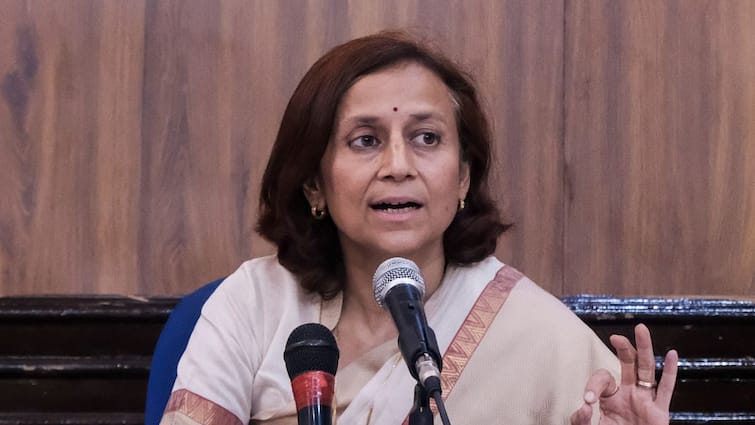The Supreme Court of India is scheduled to hear on Monday a habeas corpus petition filed by Gitanjali Angmo, wife of activist Sonam Wangchuk, challenging his illegal detention under the National Security Act (NSA) and raising serious concerns about his health and whereabouts. Wangchuk’s family has reported having no information about him for over a week, prompting urgent judicial intervention.
A bench comprising Justices Aravind Kumar and N.V. Anjaria will take up the matter. In her petition, Gitanjali Angmo highlighted the uncertainty surrounding her husband’s detention and the lack of information from authorities. She also posted on X, “I have sought relief from the Supreme Court of India through a habeas corpus petition against Wangchuk’s detention. It is one week today. Still, I have no information about Sonam Wangchuk’s health, the condition he is in, nor the grounds of detention.”
The habeas corpus petition, filed on October 2, urges the Supreme Court to examine the legality of Wangchuk’s detention, ensure transparency regarding his health, and protect his fundamental legal rights. The top court’s intervention is being closely watched as a test of preventive detention powers and citizens’ rights under Indian law.
Gitanjali Angmo has also written to President Droupadi Murmu, urging intervention and seeking urgent action to ensure transparency regarding her husband’s detention and safety.
Sonam Wangchuk Detention Under NSA
Sonam Wangchuk, a well-known activist and education reformist, was detained on September 26 following violent protests in Leh, Ladakh, demanding statehood for the region. The protests on September 24 turned deadly, resulting in four deaths and 50 injuries after police firing.
The NSA, 1980, empowers the Centre and state authorities to preventively detain individuals whose actions may threaten national security, public order, or essential supplies. Unlike criminal arrests, NSA detention is preventive rather than punitive and can be invoked by district magistrates and police commissioners with proper authorization. Critics of the law have often argued that it gives authorities wide discretionary powers, making judicial oversight, such as through habeas corpus petitions, a critical safeguard for civil liberties.


)
